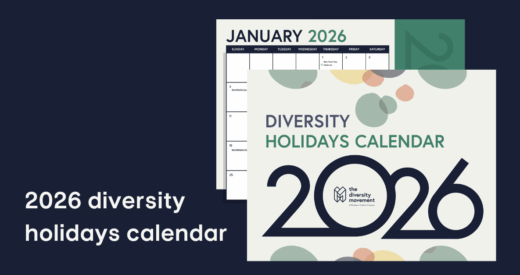Muslims celebrate two Eid (pronounced eed as in ‘feed’) festivals throughout the year: Eid al-Fitr and Eid al-Adha. Both Eids are celebrated for different reasons.
Eid al-Fitr (meaning “Festival of Breaking Fast”) takes place at the start of the 10th month of the Islamic calendar (Shawwal). Muslims begin their celebration after seeing the Shawwal moon. The exact dates for Eid al-Fitr are unknown and are not always known too far in advance. That is because every year, there will be a 10 to 11-day difference from the previous year. For instance, Eid al-Fitr 2020 was celebrated on the 23rd of May, and in 2021, Eid al-Fitr was celebrated on the 12th of May.
Eid al-Adha, on the other hand, is celebrated on the 10th day of the 12th month of the Islamic calendar (Dhu al Hijjah). Like Eid al-Fitr, the exact date of Eid al-Adha is also celebrated according to the lunar calendar. So, you can say that both Eid festivals do not have a specific date or month in the Gregorian calendar.
What is Eid al-Fitr?
Eid al-Fitr (also known as Sweet Eid or Lesser Eid) is one of the most important festivals in the Islamic calendar. Muslims fast from sunrise till sunset throughout Ramadan (the 9th month of the Islamic calendar). Once they see the Shawwal moon, people start the celebration for Eid al-Fitr, which lasts for three days.
Why is it celebrated?
The month of Ramadan holds colossal significance for Muslims, and it is the month when the Holy Quran was revealed to Prophet Muhammad (Peace Be Upon Him). Muslims spend this month in self-reflection and fasting while reciting the Holy Quran as much as possible, typically five times a day, along with their obligatory prayers.
The month of Ramadan is all about being kind, restraining from worldly desires, and connecting to Allah (SWT) on a spiritual level. At the end of Ramadan, Eid al-Fitr is celebrated by coming together with family, friends, loved ones, and community members.
In the Holy Quran, Allah (SWT) says:
The month of Ramadan is the one in which the Qur’ān was revealed as guidance for mankind and as clear signs that show the right way and distinguish between right and wrong. So those of you who witness the month must fast in it. You shall complete the number [of days], and you may glorify God for his guiding you, and that you may be thankful. (chapter 2, verse 185)
How is Eid al-Fitr celebrated?
Eid al-Fitr comes with a lot of rituals and festivities. Some important customs are performed on Eid day. For instance:
Eid Mubarak
Upon sighting the moon of Shawwal, people start their preparations for Eid day. Everyone says “Eid Mubarak” (meaning Blessed Festival) to their friends and relatives. This is a traditional way to wish Eid to everyone. On the day of Eid, people put on their finest clothes and join together in mosques to thank Allah (SWT).
Charity
Muslims give Fitrana (Charity/Donation on Eid day) before commencing their Eid Prayer in mosques. As the Holy Quran explains,
You shall never attain righteousness unless you spend from what you love. Whatsoever you spend, Allah is fully aware of it. (Holy Quran: Chapter 3, verse 92)
Gifts and Sweets
It is customary to eat something sweet after the Eid Prayer. People celebrate this joyous festival by exchanging gifts and cooking sweet dishes. In fact, this is the reason why Eid al-Fitr is also called Sweet Eid.
The use of henna, bangles and glittery clothes are some additional rituals of Eid al-Fitr. It is common to see children taking Eidi (money and sweet treats) from their elders on Eid day. Many events are arranged throughout the world to celebrate the three days of Eid ul Fitr.
1 Allah means God in Arabic
2 SWT is the abbreviation for Subhana Wa Ta’ala which means The Most Glorified
Samy is a writer with over ten years of experience in ghostwriting, business writing, blogging, and content creation. She is the founder of Speak Out Organization, a human rights activist, a High Court lawyer, and a mom.






